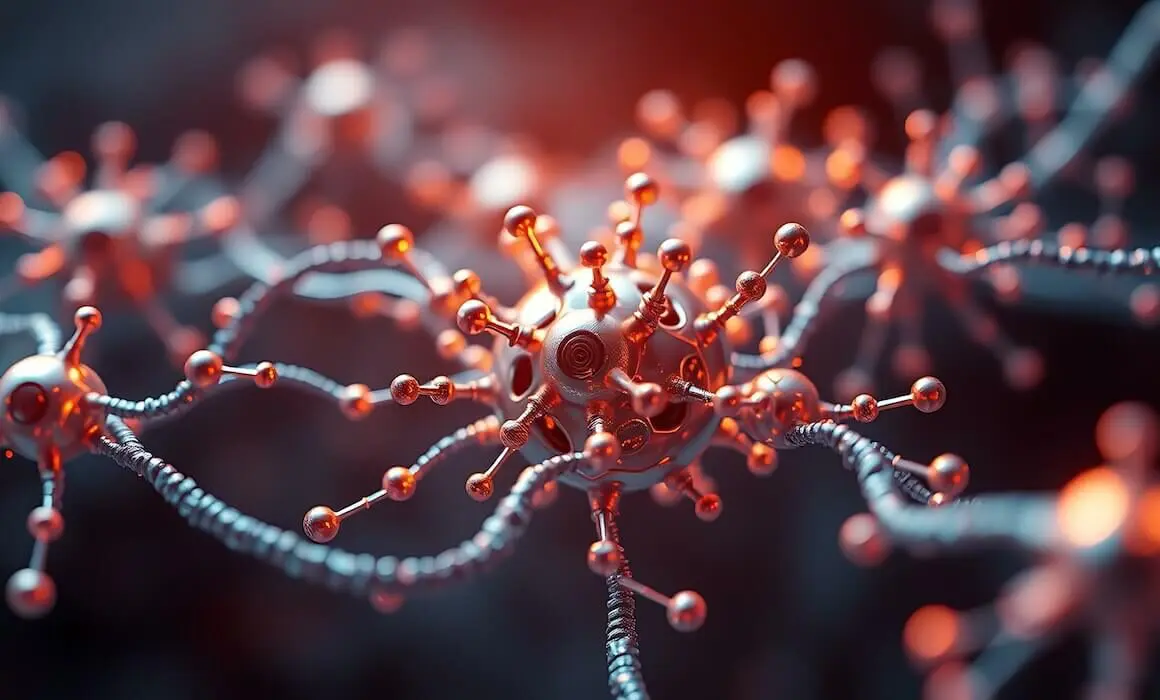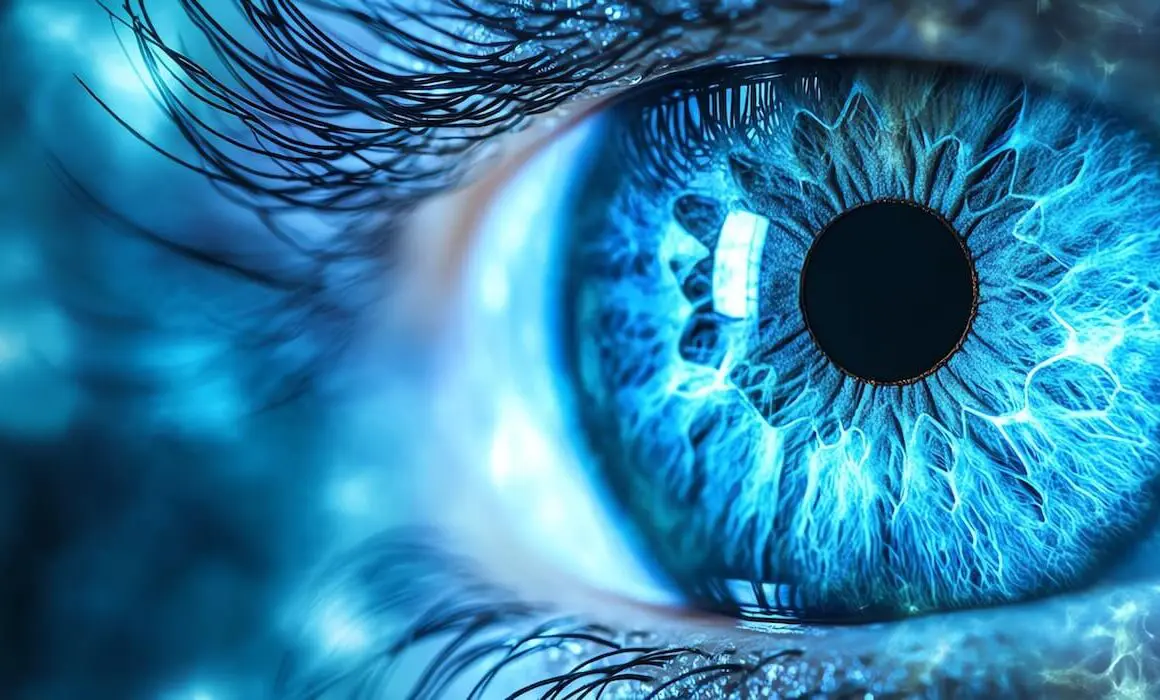
The electrocardiogram (ECG) is one of the most essential tools in modern medicine, used to detect heart problems ranging from arrhythmias to structural abnormalities. In the U.S. alone, millions of ECGs are performed each year, whether in emergency rooms or routine doctor visits. As artificial intelligence (AI) systems become more advanced, they are increasingly being used to analyze ECGs—sometimes even detecting conditions that doctors might miss.
The problem with this is that doctors need to understand why an AI system is making a certain diagnosis. While AI-powered ECG analysis can achieve high accuracy, it often works like a “black box,” giving results without explaining its reasoning.
Without clear explanations, physicians are hesitant to trust these tools. To bridge this gap, researchers in the Technion are working on making AI more interpretable, giving it the ability to explain its conclusions in a way that aligns with medical knowledge.
Keep reading at medicalxpress.com.



